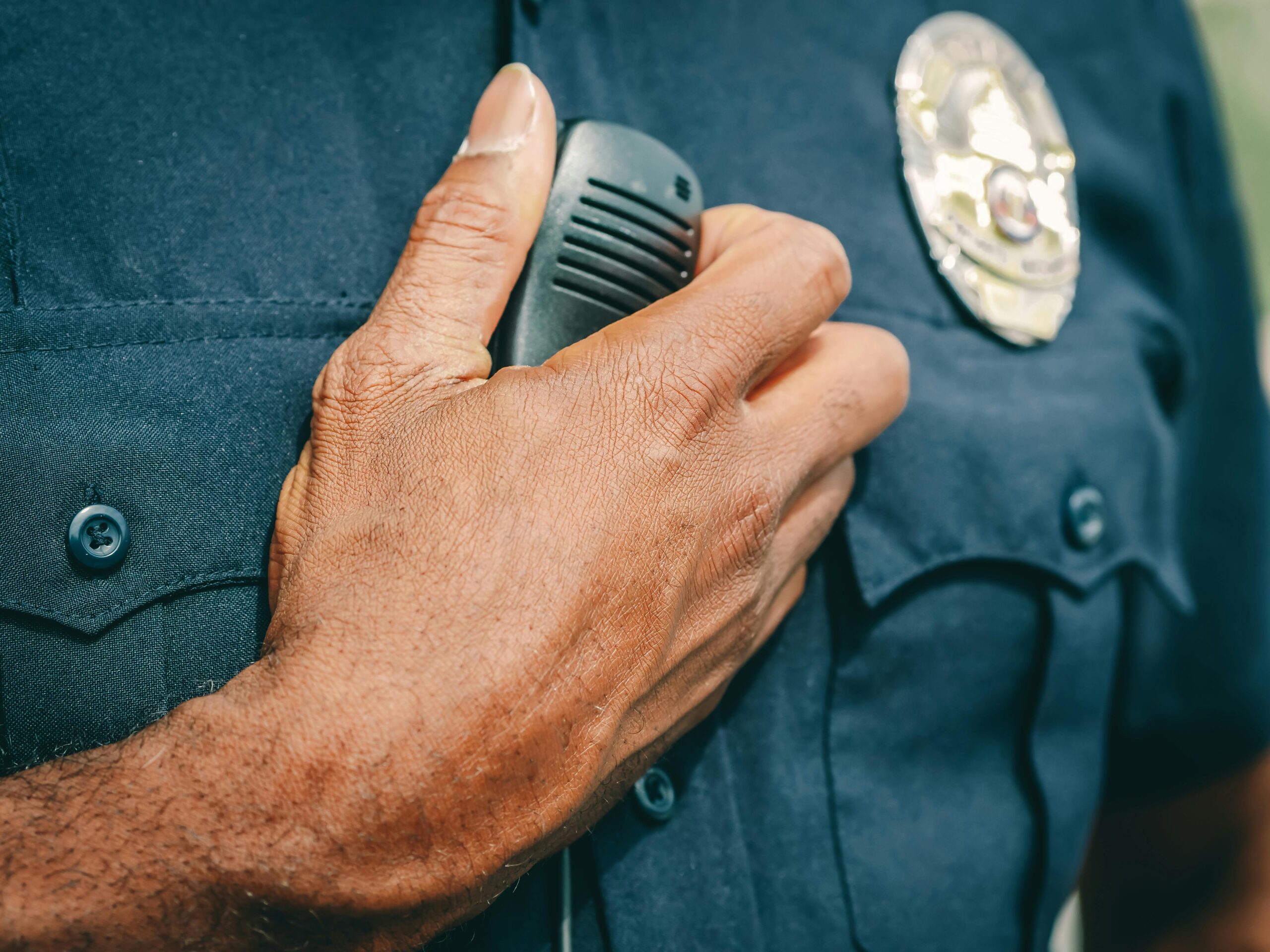One of the most common questions clients ask during the bail process is: “What is a surety, and who can act as one?” In Canadian criminal law, a surety plays a vital role in helping someone secure release from custody while awaiting trial. At Vayeghan Litigation, we guide clients and families through this process, ensuring strong release plans are in place. With my background as a former Crown prosecutor, I bring a unique perspective on how bail decisions are made and what courts look for in a surety.
What Is a Surety?
A surety is a person who agrees to take responsibility for someone who is charged with a criminal offence and released on bail. By becoming a surety, you are promising the court that you will:
- Supervise the accused and make sure they follow their bail conditions.
- Ensure the accused attends court whenever required.
- Report any violations of bail conditions to the authorities.
A surety is not just a symbolic figure—it is a legally binding commitment. If the accused breaches their bail, the surety can be held financially responsible.
Who Can Become a Surety?
Courts want sureties to be responsible, trustworthy, and able to exercise control over the accused. Typically, good surety candidates include:
- Close family members such as parents, siblings, or spouses.
- Trusted friends or community members with strong ties to the accused.
- Employers, teachers, or mentors in certain circumstances.
In general, sureties must:
- Be at least 18 years old.
- Not have a serious criminal record.
- Have a stable lifestyle and reputation for responsibility.
- Be willing and able to monitor the accused’s behaviour.
It is also helpful if the surety has strong community connections—this reassures the court that the accused has a support system and reasons to comply with bail conditions.
What Does a Surety Need to Post?
When a surety takes on this role, they are often required to post or pledge money or property as part of the bail plan. This is known as the bail recognizance. There are two common types:
- Cash Deposit: The surety may have to deposit a sum of money with the court. If the accused violates bail conditions, this money may be forfeited.
- Pledge of Assets (No Deposit Upfront): In many cases, the surety promises to pay a specific amount if the accused fails to comply. This can include pledging equity in property or savings, without requiring an upfront cash payment.
The amount varies depending on the seriousness of the charges and the risk factors in the case.
Why Sureties Are So Important
Bail hearings are often won or lost on the strength of the proposed surety. Judges want reassurance that the accused will be supervised and held accountable. A reliable surety can tip the scales in favour of release, even in complex or high-profile cases.
As a former Crown prosecutor, I know exactly what prosecutors argue when opposing bail. That experience allows me to anticipate their concerns and craft a bail plan—often with the support of strong sureties—that addresses risks head-on.
How Vayeghan Litigation Can Help
At Vayeghan Litigation, we work with families and communities to prepare sureties for court. This includes:
- Explaining their responsibilities in plain language.
- Helping them understand the risks and obligations of being a surety.
- Preparing them to answer tough questions from the Crown and the judge.
- Building comprehensive bail plans that may also include creative solutions like private security or electronic monitoring.
If you or a loved one is facing a bail hearing, having the right surety and legal team can make the difference between release and detention. With our combined criminal defence expertise and my insight as a former Crown prosecutor, we know how to navigate the bail process effectively.
Contact Vayeghan Litigation today for a confidential consultation and take the first step toward protecting your future.
Call us at 778-653-3995 or email law@mvlitigation.com now to discuss your case.



